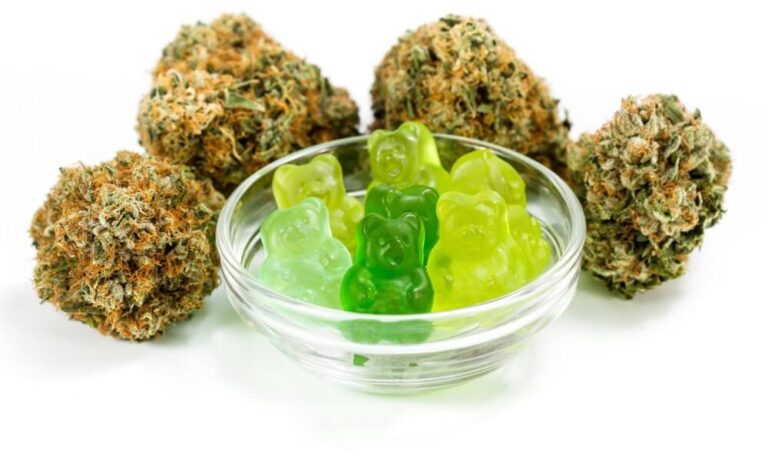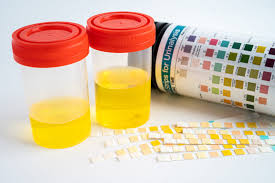
Young depressed man
Drinking is a legal pastime that many people partake in at different times in their lives. Holidays, work parties, special occasions, and sporting events are the most common times when people get together and have alcohol. Having alcoholic beverages during these occasions is often seen as a casual activity. It can sometimes be indicative of alcoholism, however. These are some of the signs of alcoholism to consider:
A Habitual Pattern of Drinking
Habitual drinking is one of the most prevalent signs of alcoholism. This occurs when someone partakes in drinking alcohol at certain times of the day or week. For example, having a stiff drink every morning or every evening before bed could be a habitual pattern. Getting intoxicated each weekend could be problematic as well. Therefore, you or a loved one may have an alcohol addiction if you notice your behavior aligns with those patterns.
Anxiety or Uneasiness
Anxiety about drinking could be indicative of an addiction. In other words, you may be addicted to alcohol if you feel like your life isn’t right without it. You could also be suffering from addiction if you feel like you need to obtain alcoholic beverages at all costs. You might also notice that your personal relationships and work performance have declined. Perhaps your school performance has slowed down as well. Those, too, are signs of possible alcohol addiction.
Withdrawal Symptoms
Painful and inconvenient withdrawal symptoms are the hallmark of addiction. Alcohol addiction has a variety of physical and psychological symptoms you might manifest if you have an addiction. They may occur within eight hours of the last drink. Some of the most common withdrawal symptoms are anxiety, nausea, confusion, and irritability. Severe symptoms such as seizures and hallucinations may occur as well. The severity of withdrawal symptoms depends on how long the sufferer has been addicted to alcohol.
Using Alcohol as a Crutch
Alcohol should only be used in moderation and in a recreational manner. However, some people use it as an emotional or psychological crutch. For example, one person might have a few beers before a performance or a date to give himself or herself more “courage.” Another person might have several alcoholic drinks to get over a breakup or forget about a job loss. A problem can arise anytime a person uses a drug or substance in this way. It prevents the individual from dealing with emotions and processing trauma and challenges the right way. Therefore, alcoholism might be a threat to you if you use alcohol as a coping tool. A loved one could have an addiction if that person does it as well.
You may want to consider that you might be dependent on alcohol if you’re experiencing any of the above-mentioned symptoms. Fortunately, excellent organizations and programs are available to help you recover. You can start your healing journey anytime you’re ready.




